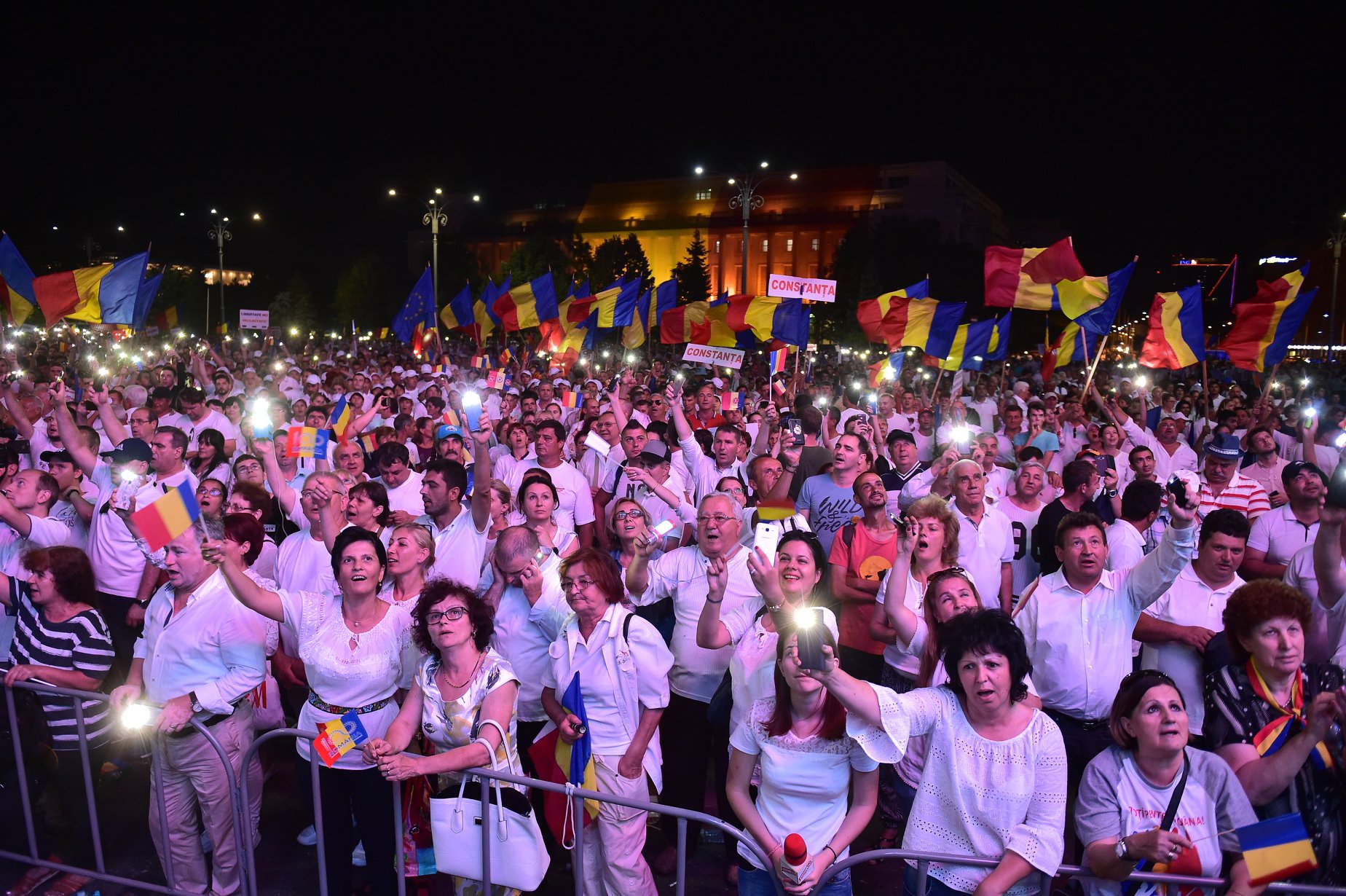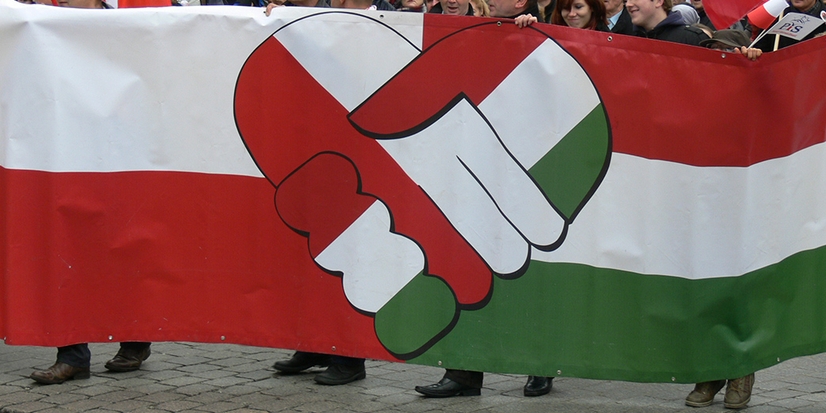Poland/Belarus – Relations between Warsaw and Minsk are, to say the least, not at their best, especially since Poland – like the European Union as a whole – has taken up the cause of the Belarusian opposition, which is strongly contesting the re-election of President Lukashenko, whom it accuses of massive fraud. To make things worse, Lukashenko has just decided to make September 17 a national holiday to commemorate September 17, 1939 – the day of the ‘liberation’ of the west of Belarus from Polish occupation, according to Minsk; or the day of the invasion and annexation of the east of Poland, as seen from Warsaw. However, Polish President Andrzej Duda chose to take the opposite approach with a historic gesture of reconciliation between the two brotherly peoples – whom a long common history both brings together and divides – by paying tribute to the Belarusians killed by Polish partisans shortly after the Second World War.
Commemoration of the “reunification of the Belarusian nation”
This week thus began with what can be described as a provocation by the authorities in Minsk towards Warsaw. On Monday, June 7, the regime of Alexander Lukashenko officially declared September 17 – the anniversary of the Soviet Union’s invasion of Poland under the Molotov–Ribbentrop Pact – a “Day of National Unity”. This new national feast is supposed to symbolize
“the restoration of historical justice and the reunification of the Belarusian nation which was forcibly divided in 1921 with the Treaty of Riga”,
explains the statement of the Belarusian Presidential Administration, which also claims that “The establishment of [this holiday highlights] the continuity of generations, the stability and self-sufficiency of the Belarusian nation and state (…). The reunification of the Belarusian nation in 1939 helped the country to triumph in the Great Patriotic War [Second World War, ed.] [and] to take its rightful place in the international community.” Such a vision of history comes directly from the Soviet narrative, which explained the September 1939 attack on Poland by the need to protect “the brothers and sisters of Western Ukraine and Western Belarus.” This vision is still shared by present-day Russia, where any mention of the German–Soviet Pact signed in August 1939 is condemned as an attempt to “rehabilitate Nazism.”
Tribute to 79 Belarusians killed by Polish partisans
On the day after this hostile gesture by the Belarusian government, the Polish President chose, by contrast, to make a historic gesture towards a lasting reconciliation between the Polish and Belarusian nations. On Tuesday, June 8, Andrzej Duda went to the small Belarusian village of Zaleszany (Залешаны, population 65), located in the south of the Podlaskie Voivodeship, about 10 kilometers from the border with Belarus, to lay a wreath in front of a monument dedicated to 79 Belarusian civilians killed by members of the National Military Union (Narodowe Zjednoczenie Wojskowe, NZW), a Polish resistance movement against the Soviet invasion.
“Zaleszany is a place marked by the suffering and death of Belarusians living in the [Polish] Republic … People – including women and innocent children – died here,”
President Duda said, referring to the fact that Podlaskie is historically home to several ethnic communities (Poles, Belarusians, Jews and Muslim Tatars).
“Unfortunately, there are many actions that are carried out to divide our nations, and yet… despite [our] differences, we are one community, and that is what I wanted to express with my presence in Podlaskie.”




